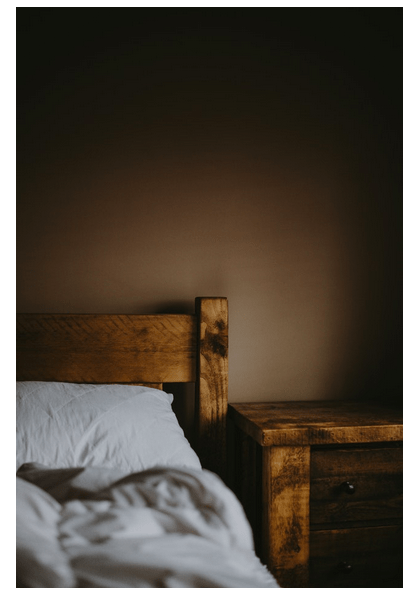You don’t have to be diagnosed with Seasonal Affective Disorder to be influenced by the shorter days and longer nights of winter. For all of us, our bodies respond to a natural 24-hour cycle of cortisol, adrenaline, serotonin, and melatonin release. The energy flow regulated by this collection of hormones is better known as our circadian rhythm. Much has been written about the effect of screen usage on our circadian rhythm. The blue light that emanates from your iPhone or television can be powerful enough to alter the release and uptake of these various hormones, throwing off your circadian rhythm and making it harder to fall or stay asleep.
However, the effect of blue light pales (pun very much intended) in comparison to the effect of sunlight on our circadian rhythm. That’s because maintaining a healthy circadian rhythm isn’t just about releasing the “sleep” hormones at night. It’s also about releasing the appropriate amount of “awake” hormones during the day.
Sunlight helps regulate the flow of these “awake” hormones. However, what’s really interesting is that research done in caves and in [space] seem to suggest that our bodies are wired for this circadian rhythm to last about 24 hours, regardless of how much sunlight or darkness we are exposed to.
In other words, our circadian rhythm is somewhat dependent upon, but separate from, our access to sunlight.
This can cause us problems when the two fall out of alignment. Most of the time, we call that problem “jet lag” and it happens when we travel far enough away from our home time zone. However, a similar thing can happen during the winter months. Because our bodies need sunlight to help regulate these sleep/awake systems – regardless of what the temperature is outside.
If you’re having trouble sleeping, or you find yourself becoming a bit more irritable than normal during the winter months, try taking a walk outside during your lunch break.
Just remember to bring your coat. (And forget your sunglasses.)
Eric McClerren, LAPC
emcclerren@growcounseling.com

